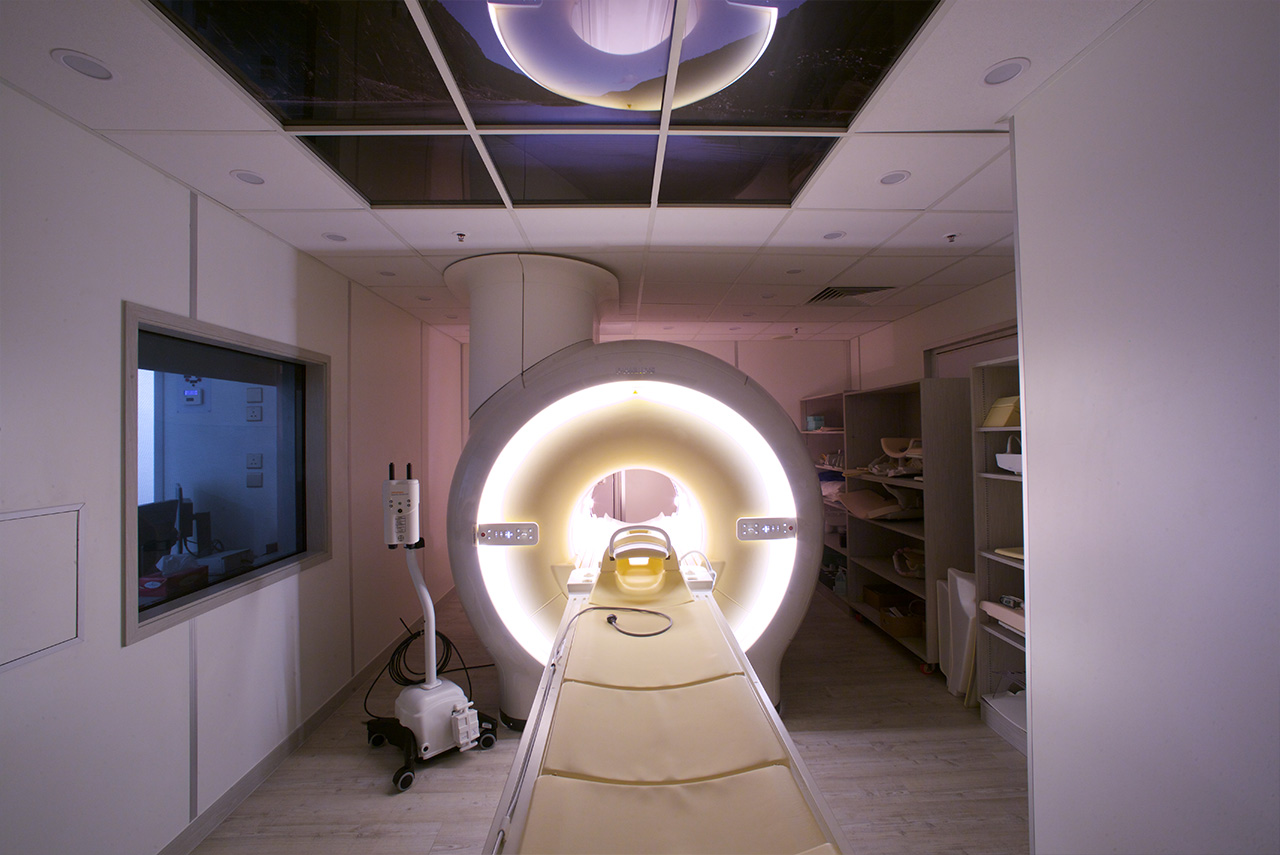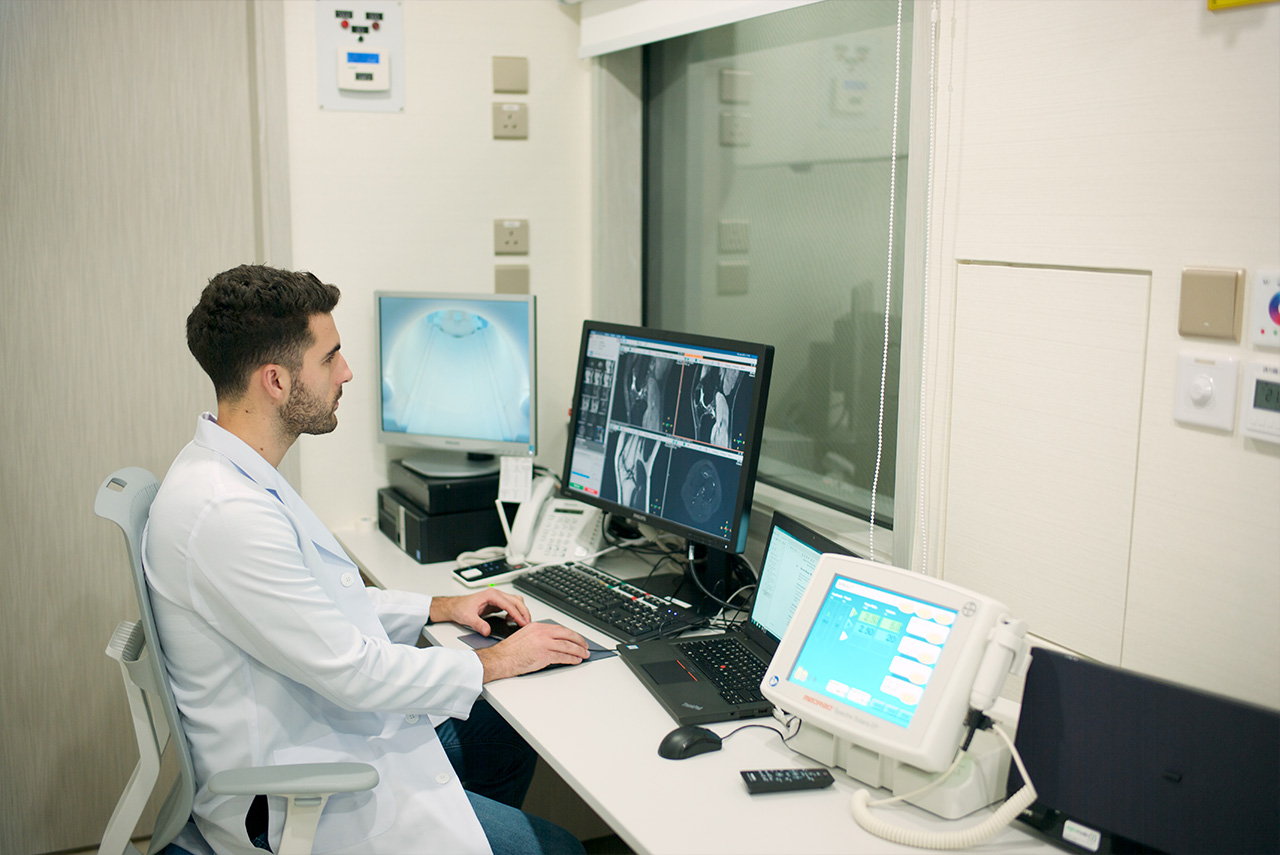Regular body check-ups are critical for maintaining good health and preventing serious illnesses. By keeping track of your body’s changes and being aware of any potential health issues, you can catch health problems early and address them before they become more serious. In this comprehensive guide, we will explore how to choose the right body check plan for yourself, and why it’s important to prioritize your health and well-being.
Assess Your Health Needs
The first step in choosing the right body check plan is to assess your health needs. Consider your age, family history, lifestyle, and any existing health conditions you may have. This will help you to determine which tests and screenings are most important for your health.
For example, if you have a family history of heart disease, you may want to prioritize tests that check for high blood pressure, high cholesterol, and other cardiovascular risk factors. If you are over 50 years old, you may want to prioritize tests for colon cancer, breast cancer, and other age-related health concerns.
Consider Your Budget
Body check plans can vary widely in price, so it’s important to consider your budget when choosing a plan. Look for a plan that offers the tests and screenings you need at a price you can afford. Keep in mind that some insurance plans may cover the cost of certain tests and screenings, so it’s always a good idea to check with your insurer before choosing a plan.
Research Providers
Not all body check providers are created equal, so it’s important to do your research. Look for a provider that has a good reputation, experienced healthcare professionals, and a range of services to meet your needs. Check online reviews and ask for recommendations from friends and family to find a provider that you can trust.
Look for Customization
Everyone’s health needs are different, so look for a body check plan that allows for customization. This will ensure that you receive the tests and screenings that are most important for your specific health needs. For example, some providers may offer a basic package, as well as additional tests and screenings that can be added on based on your individual health concerns.
Consider Follow-Up Care
If any issues are detected during your body check, it’s important to have access to follow-up care. Look for a provider that offers follow-up care, such as consultations with a healthcare professional or referrals to specialists, to ensure that any issues are addressed promptly.
Consult with Your Healthcare Provider
It’s always a good idea to consult with your healthcare provider before choosing a body check plan. They can provide valuable insight into which tests and screenings are most important for your specific health needs and can help you to choose a plan that is right for you. Your healthcare provider can also help you to interpret any test results and provide recommendations for follow-up care if necessary.
In conclusion, choosing the right body check plan requires careful consideration of your health needs, budget, provider reputation, customization options, follow-up care, and consultation with your healthcare provider. By taking the time to choose the right plan for your needs, you can ensure that you receive the tests and screenings that are most important for maintaining good health and preventing serious illnesses. Remember to prioritize your health and well-being by making regular body check-ups a priority.
What is a body check in a medical context?
A body check in a medical context typically refers to a comprehensive physical examination performed by a healthcare provider. This exam may include measuring vital signs, checking for signs of illness or injury, and assessing an individual's overall health status. It can also involve screening tests for conditions such as high blood pressure, diabetes, or cancer.
How often should I get a body check?
The recommended frequency of body checks can vary depending on an individual's age, health status, and risk factors for certain conditions. In general, adults should have a complete physical exam at least once every 1-2 years, while individuals with chronic health conditions or higher risk factors may need more frequent screening.
What should I expect during a body check?
During a body check, a healthcare provider will typically ask about your medical history and any current symptoms or concerns. They will then perform a physical exam, which may include checking your heart and lung function, examining your skin and eyes, and palpating your abdomen to check for any abnormalities. Depending on your age and risk factors, the exam may also include lab tests, such as blood work or a urine analysis.





